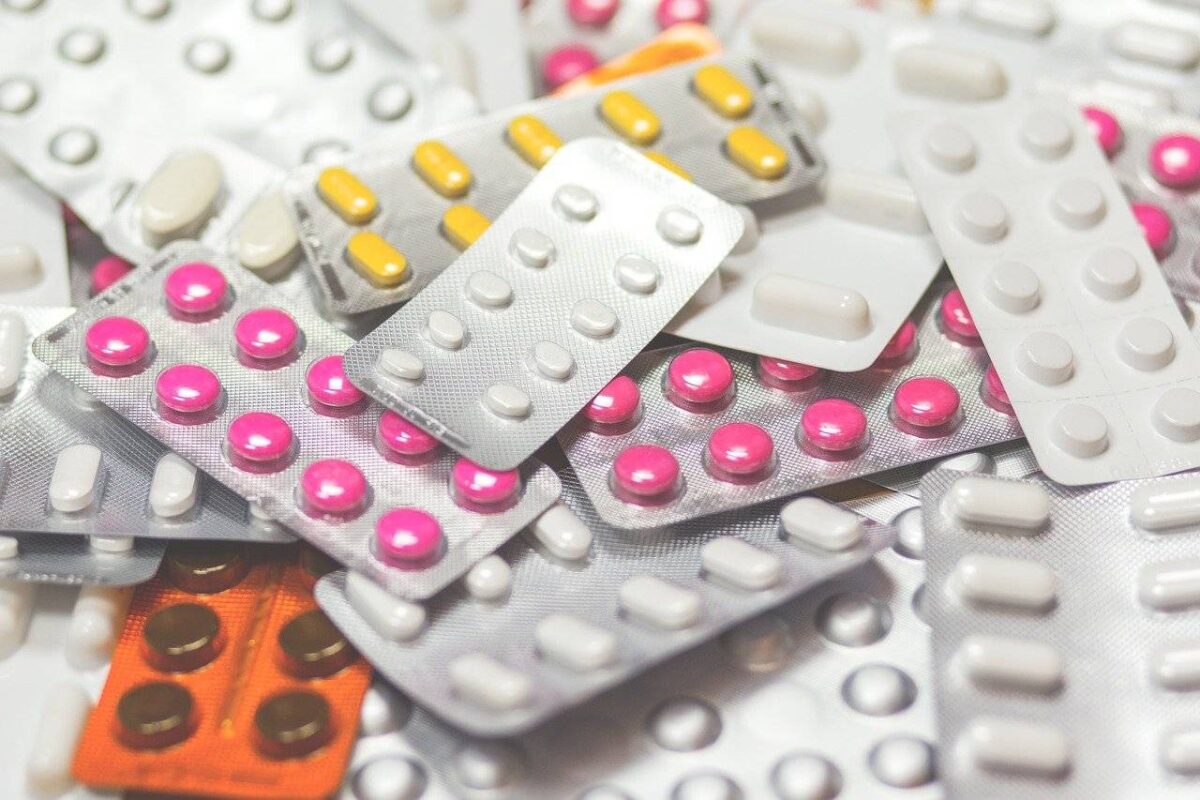Pharmaceutical industries seem to be making headlines this season. Over the past few weeks there have been numerous news reports with respect to the pharmaceutical industry, SiNApSE alone has covered many of these in its earlier blog posts. The issues range from rejection of patent applications based on the ever so controversial section 3(d) as observed in the case of Pfizer’s drug “Tofacitinib” to the resurrection of the nightmare of many pharmaceutical companies, namely “the COMPULSORY LICENSE” as seen in the case of Lee Pharma v. AstraZeneca.
Going by this trend of the Pharmaceutical industries making the headlines, here are some more developments that have recently come to light. In a rare show of camaraderie between the Generic drug manufacturers and one of the members of the Pharma aristocracy, the Indian Pharmaceutical Alliance (IPA) and Natco Pharma, withdrew their opposition to the patent application for Gilead Pharmasset’s Hepatitis C drug “sofosbuvir”, also marketed under the trade name “Sovaldi”. The withdrawal of the opposition came, when Gilead entered into a voluntary licensing agreement with 11 companies to sell the generic version at a lower price including Natco Pharma.
News reports suggest that, at the beginning of 2015, Gilead came to market admission agreements with some countries for the highly priced drug Sovaldi. The price of the drug is 1,000 dollars/piece in the United States, and the fee of a treatment course of 12 weeks reaches 84,000 dollars. Compare the price in terms of Indian rupees and we end up with some whooping figures. The cost for a single pill in INR would be approximately 66,000 rupees and the 12 week course would easily cost 56 Lakh Rupees. That’s an exponentially huge number in comparison to the average salary an Indian earns in one whole year. Such a drug for sure would have come under the lens as it would satisfy all the criteria required for the grant of a compulsory license.
In September 2014, Gilead had signed an agreement in India, as a part of action of providing low price drugs to more than 90 developing countries, by largely decreasing the price of Sovaldi to 300 dollars/bottle, i.e., about 10 dollars/piece. However, these 90 countries excluded China, Russia, Brazil, Mexico and Ukraine where the morbidity of Hepatitis C is high. China for instance has nearly 30 million Hepatitis C virus (HCV) infected patients. For this reason the drug and the company have both faced criticism from the respective governments and organizations like the MSF (Medicines Sans Frontiers). According to the World Health Organization data, hepatitis C kills half a million people a year and infects 150 million globally. Reports suggest that 12-18 million people in India are infected with HIV.
News reports say that nine companies including Zydus, Cipla, Natco, Mylan, Abbot India, Dr. Reddy’s Laboratories, Hetero Healthcare, Ranbaxy and Biocon have together sold around Rs 28 crore worth of sofosbuvir in the market in the last five months. Zydus Cadila’s “SoviHep” is the leading generic sofosbuvir product in India.
The companies have also gotten much smarter, in terms of marketing the drugs and enabling easier access to medicines. One novel strategy that has come into the picture is the EMI system of financing. Gilead is said to have tied up with Mumbai based firm – Arogya Finance for the EMI scheme. It enables patients to pay for the drugs – Rs 96,000 for six months, including tests – in 24 months with 12 per cent interest. Under this Strategy, patients are given coupons to purchase the drug instead of cash. This ensures that the loan amounts are not diverted or misused.
This is a novel strategy indeed given the fact that, India is not very well versed with the concept of Health Insurance. IPR and the access to medicines has always been a skewed balance, and never has there been a time in history when the balance has not tipped in the favor of the general public, upsetting the Pharma industry. Gilead’s voluntary licensing and the sincere efforts of the generic drug manufacturing companies is a welcome move that seeks to harmonize this skewed balance between “Patents and Patients”.
Time and again it has been reiterated that, the public health policy of a nation or state is often an overlooked aspect. It thus becomes imperative to make sure that the nation has a good public health policy that promotes good health. Often the drug pricing policy is held by the government. Particularly in India it is the National Pharmaceutical Pricing Authority (NPPA), which entails the regulator fixing ceiling and retail prices for essential medicines. The patented drugs are priced and regulated keeping in mind the best interests of the consumers and the pharmaceutical company. Thus, the government must ensure some additional benefits to companies that see the greater good in serving the interests of the public. Perhaps a few tax benefits?
Anyhow, we hope that the rare brotherhood exhibited by all the parties involved here serves as an inspiration and as a lesson in how to ensure a win-win situation for everyone.
Authored by Gaurav Mishra.
Image Source/Attribution- here, governed by Creative Commons License CC 0 1.0
